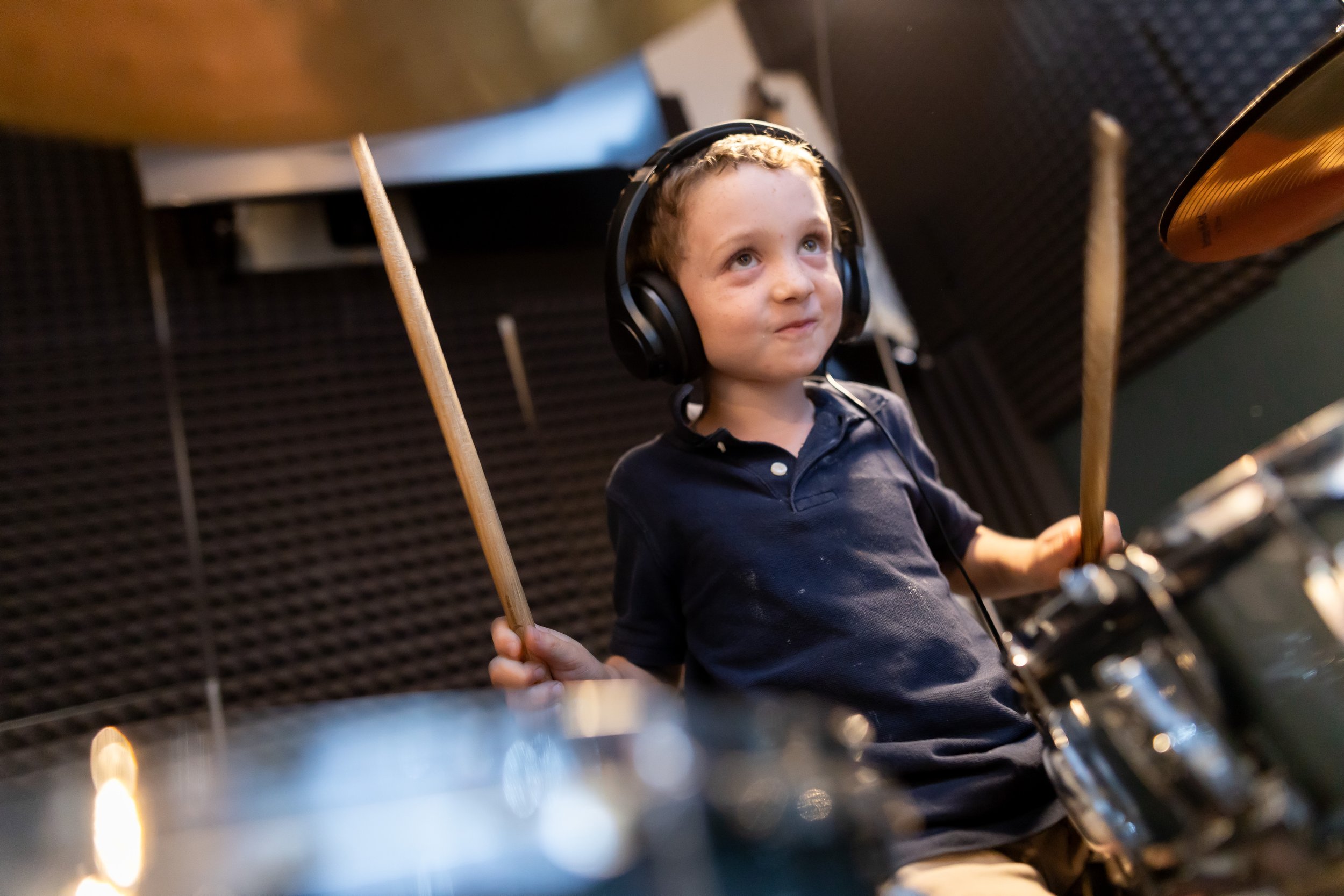In the pursuit of a well-rounded and fulfilling childhood, music lessons play a significant role. Beyond the melodies and rhythms, music education has been shown to contribute to a happier and more enriching life for children. This article explores the positive effects of music lessons on children's well-being, drawing on scientific research and expert opinions.
1. Cognitive Development:
Music lessons stimulate various areas of the brain, enhancing cognitive abilities. Research conducted by the Brain and Creativity Institute at the University of Southern California suggests that engaging in musical activities improves children's attention, memory, and problem-solving skills. The structured nature of music education fosters discipline and critical thinking, leading to better academic performance in other subjects as well.
References:
- Strait, D. L., Kraus, N., & Parbery-Clark, A. (2011). Music training enhances verbal intelligence and executive function in preschool children. Proceedings of the National Academy of Sciences, 108(7), 2545-2550.
2. Emotional Well-being:
Music acts as a powerful emotional outlet for children, allowing them to express and process their feelings in a safe and creative manner. Participation in music lessons can boost self-esteem and self-confidence, providing a sense of accomplishment and pride through mastering new skills and performing in front of others. Moreover, music has the ability to uplift moods, reduce stress, and promote relaxation, thereby contributing to overall emotional well-being.
References:
- Schäfer, T., Sedlmeier, P., Städtler, C., & Huron, D. (2013). The psychological functions of music listening. Frontiers in Psychology, 4, 511.
3. Social Skills and Empathy:
Engaging in music lessons often involves participation in group activities such as ensembles, choirs, or bands. These collaborative experiences foster teamwork, cooperation, and communication skills. According to a study published in the Journal of Research in Music Education, children who receive music education demonstrate higher levels of empathy and social engagement compared to their peers.
References:
- Doucet, C., Peretz, I., & Lupien, S. J. (2019). The effects of musical training on child development: A randomized trial of an after-school music program. Developmental Science, 22(2), e12705.
4. Cultural Appreciation and Diversity:
Music is a universal language that transcends cultural boundaries. Through music education, children are exposed to various genres, traditions, and instruments from around the world. This exposure fosters cultural appreciation, respect for diversity, and a broader understanding of different societies. By learning about different musical traditions, children develop a global perspective and become more open-minded individuals.
References:
- Hallam, S. (2010). The power of music: Its impact on the intellectual, social and personal development of children and young people. International Journal of Music Education, 28(3), 269-289.
Music lessons have the power to positively shape a child's life, offering cognitive, emotional, social, and cultural benefits. By providing a holistic approach to development, music education allows children to explore their creative potential, develop essential life skills, and cultivate a lifelong appreciation for the power of music. Investing in music lessons for children is an investment in their happiness, well-being, and overall growth.



